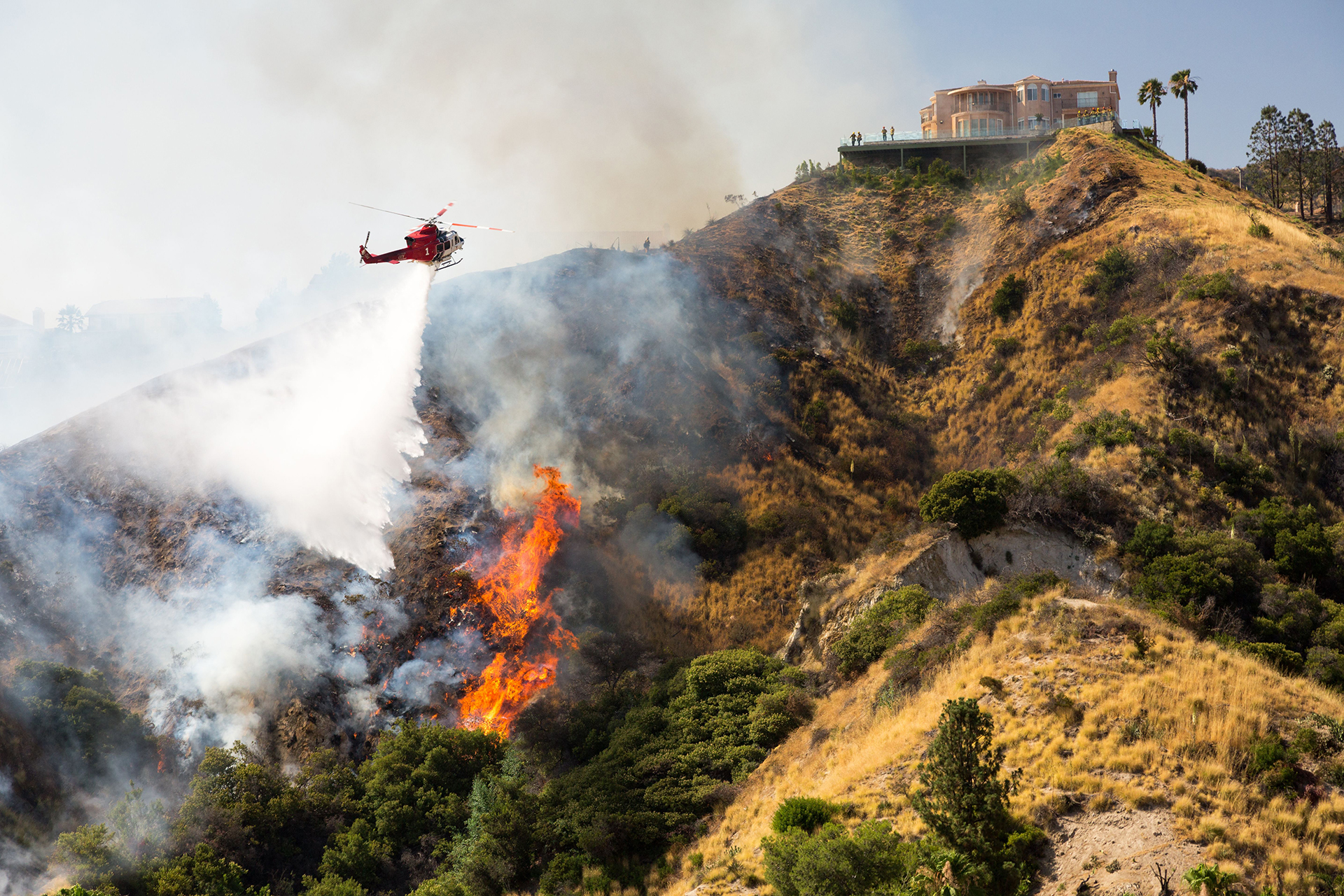We analyze specific needs and innovative solutions for strengthening societal disaster resilience to natural hazards, pandemics, industrial accidents and terrorism. This includes, for example, the capabilities of organizations involved in disaster management, but also the optimized interaction of organizations with each other and with the public. This also applies to strengthening the resilience of critical infrastructures to ensure the supply of essential goods.
Strengthening civil security also includes preventing and combating crime, radicalization and terrorism. Our work contributes to innovation planning, particularly by identifying the needs of authorities and organizations with security responsibilities.
A relatively new focus is on hybrid threats, for example from cyber attacks, digitally distributed disinformation, but also physical attacks on (critical) infrastructures. In this context, our work is directly linked to the topic area "Synergies: Security, Defense and Space".
The current security research program of the German federal government defines the central fields of action for promoting civil security in Germany. At the European level, the Horizon Europe research framework program is dedicating a separate area to the topic of civil security.
 Fraunhofer Institute for Technological Trend Analysis INT
Fraunhofer Institute for Technological Trend Analysis INT